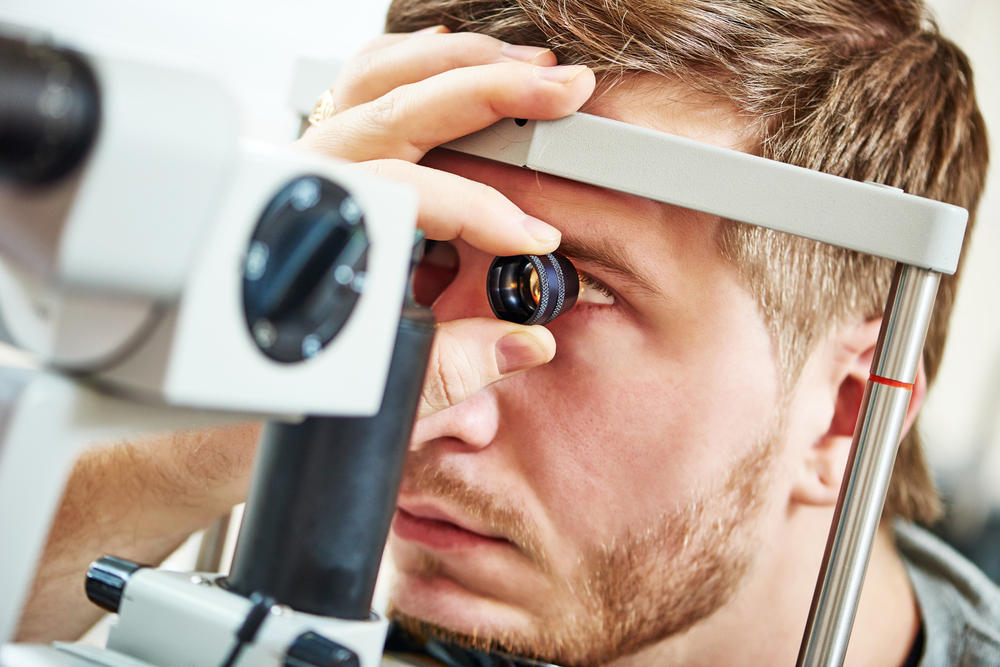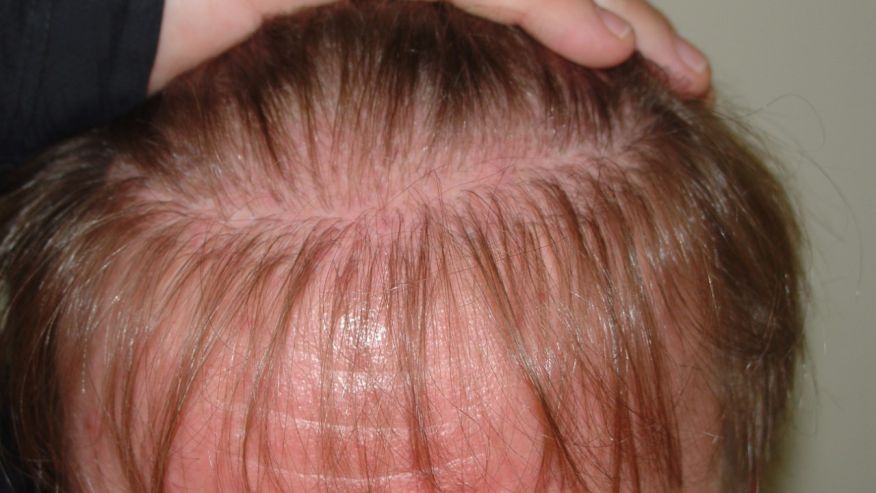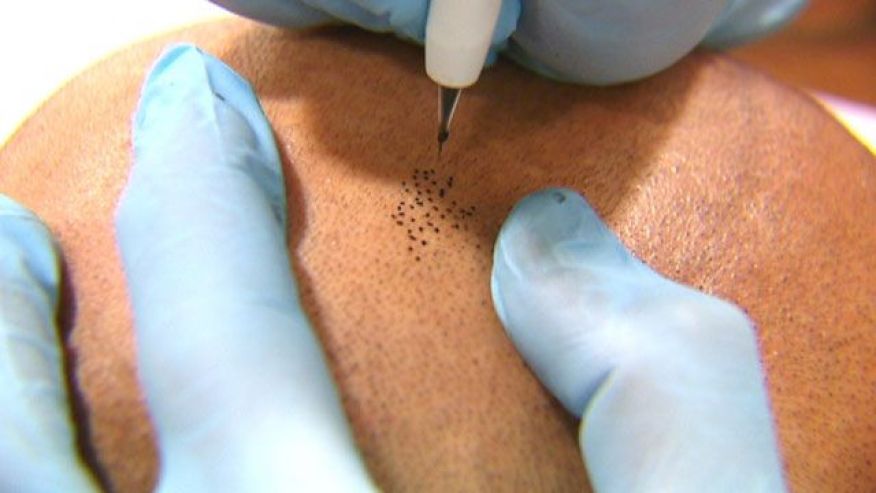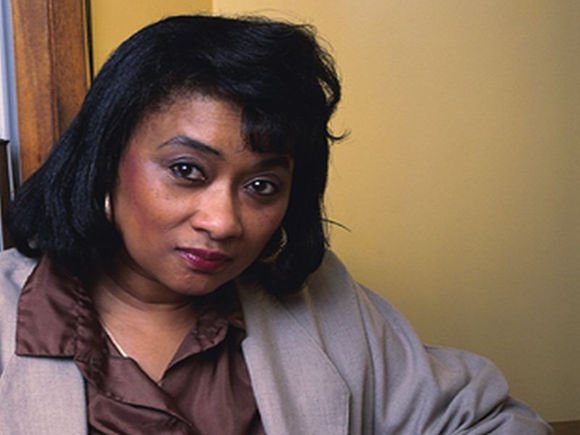
Each day, 39-year-old Riena Hamilton of Anderson, Indiana, closes one eye and struggles with the other as she holds down her restaurant job and raises two teenage daughters. Riena is one of 29 million Americans living with diabetes. She is also one of the many coping with the disease’s effects on the eyes.
When she diagnosed with type 2 diabetes shortly after becoming a mom, Riena immediately made adjustments to her lifestyle. She changed her diet, monitored her blood sugar daily and started a regimen of insulin therapy. “But I didn’t get my first dilated eye exam until 17 years later,” Riena says.
By that time, the vision in her left eye had already become blurry. Her ophthalmologist told her she haddiabetic retinopathy, the most common diabetic eye disease. It occurs when blood vessels in the retina change. Sometimes these vessels swell and leak fluid or even close off completely. In other cases, abnormal new blood vessels grow on the surface of the retina.
People who have diabetic retinopathy often don’t notice changes in their vision in the disease’s early stages. But as it progresses, diabetic retinopathy usually causes vision loss that in many cases cannot be reversed.
Riena didn’t realize it, but fluid from her damaged blood vessels was causing her macula—the central part of the retina responsible for sharp, detail vision—to swell and malfunction. This is a complication of diabetic retinopathy called diabetic macular edema.
“I had no clue that diabetes could affect my eyes that way,” Riena reflects.
Now, she regularly sees a vitreoretinal specialist, an ophthalmologist who specializes in treating conditions that affect the retina. Raj K. Maturi. M.D., gives Riena monthly anti-VEGF (vascular endothelial growth factor) treatments. VEGF contributes to abnormal blood vessel growth in the eye which can affect vision. An anti-VEGF drug can help reduce the growth of these abnormal blood vessels. Riena will also require laser treatment to decrease the chance of bleeding in her retinas. Unfortunately, Reina is already suffering from night vision loss, which will likely be irreversible.
“But she came just in the nick of time,” says Dr. Maturi. “Delaying treatment further would have resulted in even more permanent vision loss.”
According to the National Eye Institute, between 40 and 45 percent of Americans diagnosed with diabetes have some stage of diabetic retinopathy, although only about half are aware of it. The longer a person has had diabetes, the higher their risk of developing the eye condition increases. What’s more, diabetic retinopathy can cause damage without any outward symptoms.
“You could have vision threatening diabetic retinopathy and not even know it,” says Rebecca Taylor, M.D., a comprehensive ophthalmologist practicing in Nashville, Tennessee.
The American Academy of Ophthalmology currently recommends that people with type 1 diabetes have annual screenings for diabetic retinopathy beginning 5 years after the onset of their disease, and that those with type 2 diabetes should have an examination at the time of diagnosis and at least once a year thereafter. Diabetic retinopathy can develop in anyone—even those who manage their diabetes carefully.
That’s why Jillian Ellis, a line producer for the Country Music Awards who lives in Franklin, Tennessee, hasn’t missed an eye exam in 42 years. She says, “The idea of losing my sight scares me to death.”
Her annual eye exams have, periodically over the years, uncovered mild, background or nonproliferative diabetic retinopathy. NPDR is the earliest stage of diabetic retinopathy. This early stage of the eye condition can come and go in patients with diabetes, says Dr. Taylor, Jillian’s ophthalmologist. Fluctuations in blood sugar, blood pressure, cholesterol and many other health factors can all create temporary changes in the eyes.
The good news is that early detection of diabetic retinopathy requires simpler treatment. For some, like Jillian, all that’s needed is guidance toward better blood sugar and blood pressure control, says Dr. Taylor. For others, like Riena, annual eye exams can be a serious wake up call.
“Often, when something as drastic as possibly going blind is on the table, people take much better care of their diabetes,” says Dr. Maturi.
Either way, knowledge is power, and a comprehensive eye exam provides a window to eye health in just 30 minutes. Jillian laughs, “I’d rather get my eyes dilated than my teeth cleaned.”
Riena agrees, and asserts that she will never skip another eye exam again. “Your sight is so important. Go get your annual eye exam—no matter what.”
[Source:- AAO]















